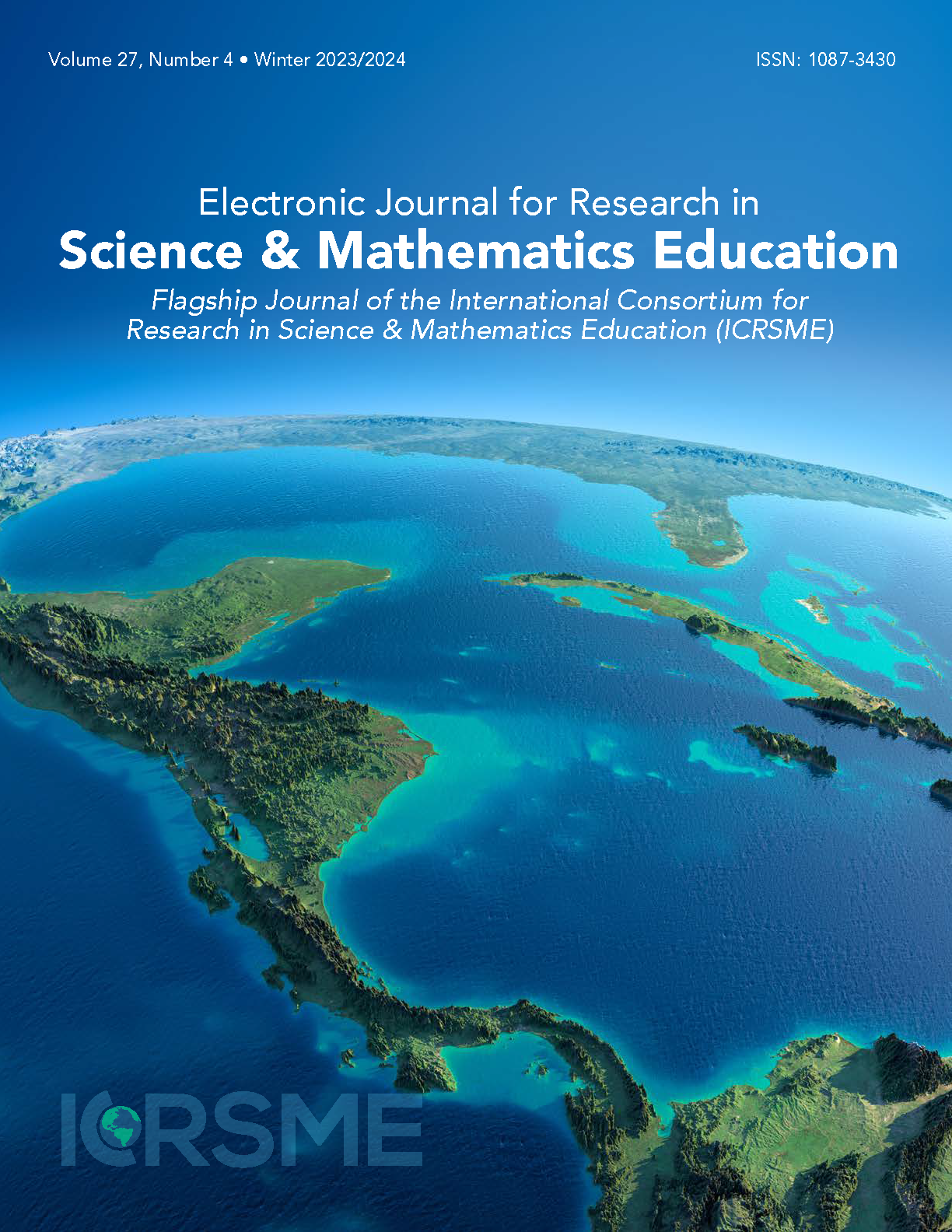Self-efficacy in Elementary Science What Impact Do Field Experiences Have on Preservice Teachers
Main Article Content
Abstract
Studies have shown that preservice teachers come to their science methods courses with perceptions about science teaching and learning that can impact their levels of self-efficacy when it comes to teaching science (Bulunuz & Jarrett, 2010; Jarrett, 1999; Kazempour, 2014). Multiple students have been conducted to document the effects of methods courses on preservice elementary teachers’ science self-efficacy, finding the methods course effective in increasing levels of self-efficacy (Flores, 2015; McDonnough &Matkins, 2010; Menon & Azam, 2021) and that these levels of self-efficacy either persist (Wingfield et al., 2000) or decrease due to student teaching (McKinnon & Lamberts, 2014; Settlage et al., 2009). This study sought to examine the relationship between prior experiences, the science methods course, and field experiences for one preservice elementary teacher. Despite having negative experiences with science and an overall sense of overwhelm at the thought of teaching science, Monica displayed high levels of self-efficacy throughout the science methods course and student teaching. By examining STEBI-B surveys, with open questions included, and interview transcripts, this study sought to better understand the interconnectedness of experiences and self-efficacy. Although the results reported here pertain to one preservice elementary teacher, it adds to the overall complex relationship between past, present, and future experiences.
Article Details
© 2025 Electronic Journal for Research in Science & Mathematics Education (EJRSME)
